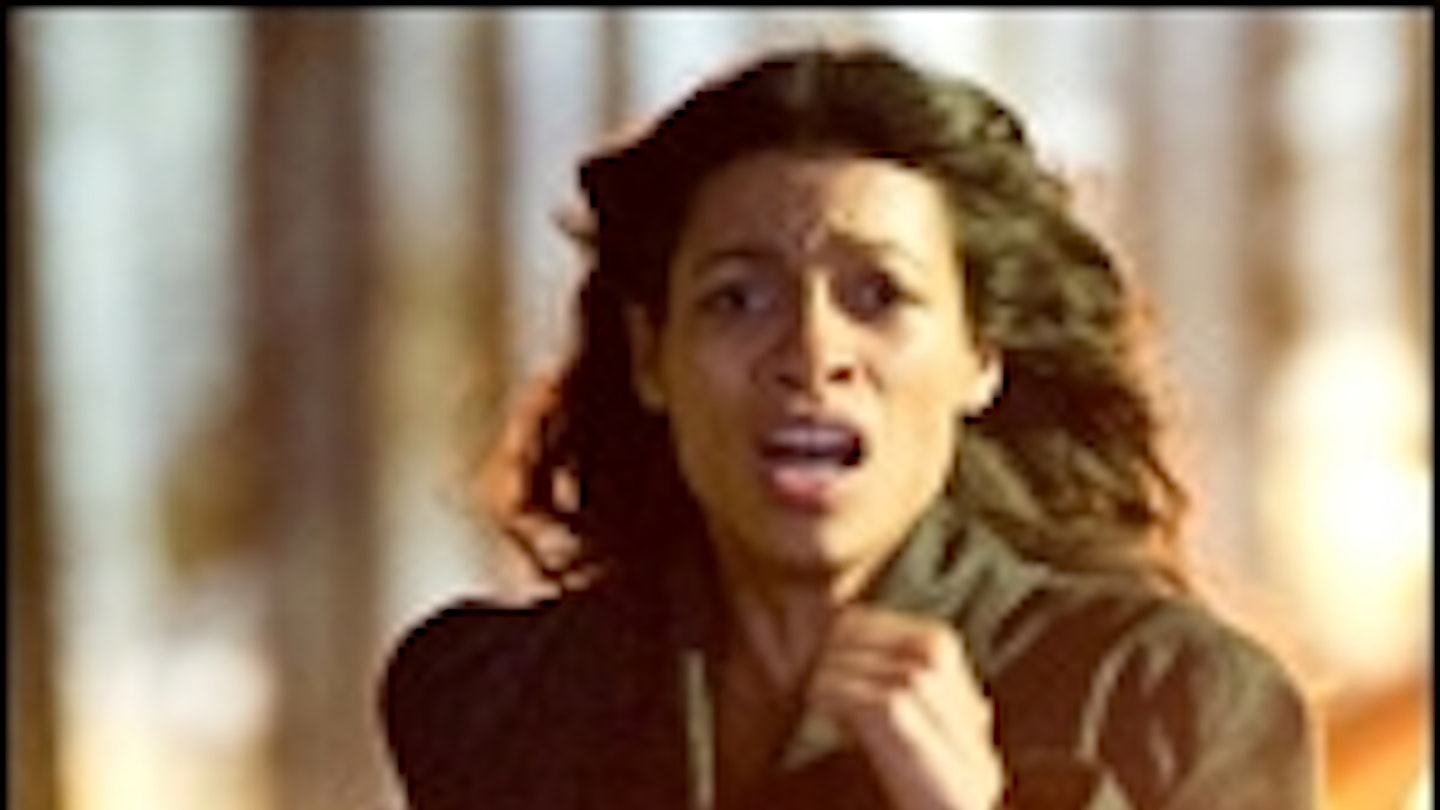Danny Boyle is admirably unpredictable in his choice of projects. He’s always been hard to get a handle on. Shallow Grave wasn’t the big-screen debut you would expect from someone who’d directed Inspector Morse episodes. Trainspotting and The Beach hinted that he might become a specialist in adapting contemporary cult novels, then he turned out a zombie movie, a space opera, a Bollywood fable and an I-cut-off-my-own-arm true story... finding time to mount a stage production of Frankenstein which will shadow future film adaptations of the novel and to mastermind an Olympics Opening Ceremony that confounded the cynics and affronted the Establishment.
But eclecticism isn’t the same thing as having no interests of his own: Boyle has always been drawn to heists (when it finally settles down to having a plot, Trainspotting is about a robbery), compromised innocents involved in the messy aftermaths of criminal schemes (Shallow Grave and Millions are both about lost loot), small groups of people at brutal cross-purposes (whether squabbling over cash or surviving an apocalypse) and journeys into the minds and memories of desperate, trapped individuals (whether high on heroin, interrogated on a quiz show or pinned by a rock).
Trance, an expanded remake of a TV movie written and directed by Joe Ahearne in 2001, opens with a Scorsese-style illustrated lecture — narrated by protagonist Simon, played by James McAvoy with a Scots smartarsiness that can’t help but evoke once-upon-a-time Boyle fixture Ewan McGregor in his amoral boyish-grin phase — on art thievery, from the good old black-and-white days when hoods could barge into an auction room with guns and grab a Rembrandt from the block, to a modern world of high-tech security measures and vanloads of hired goons in an alley. Then, a gang led by smooth yet feral foreigner Franck (Vincent Cassel) deftly executes a smash-and-grab raid targeting a £25,000,000 Goya — which nets only the empty frame.
Inside-man Simon staggers away from the scene of the crime, battered, dazed, confused, and has to have a hole drilled in his skull. Any memories he might have of where the painting is leak away, misplaced rather than lost. Working on his fingernails with a Stanley knife doesn’t get anywhere, so Franck offers Simon a selection of London-based hypnotherapists and he picks — as anyone would — the one played by Rosario Dawson, who breezes into the film in full-on ’90s noir mode as if dreamed up by Joe Eszterhas rather than Joe Ahearne. Then, things get tricky...
Like Inception, Fight Club, Total Recall or The Sixth Sense, Trance is an awkward film to discuss without giving too much away, but actually quite difficult to spoil — so much of what is revealed in Simon’s hypnotherapy sessions is only provisional. Dr. Lamb, whose character name is plainly ironic in a film full of predators, gets Simon to envision the locked-off sections of his past as an idyllic trip through the French countryside with a beautiful woman (Tuppence Middleton) to a chapel-like secret gallery where all the lost, stolen or destroyed masterpieces of the world are on display. In and out of his trance, Simon undergoes electroshock mindwarp therapy to try and shake the truth loose. This uncovers a mosaic of overlapping, contradictory memories and fantasies, as Elizabeth, Simon and Franck act out a three-way relationship in scenes which might or might not be happening... paying off with several endings that are guaranteed to generate lengthy threads of conflicting theories on the IMDb as to who is dead, alive, a ghost, a doppelgänger, sane, crazed, saintly, sinister, shaven (Cassel’s chin and Dawson’s crotch are key signifiers for this film — seriously, there’ll be sidebars about them), culpable or a complete innocent.
Trance marks a reunion for Boyle with screenwriter/medical practitioner John Hodge, who worked with him on his early films. This does feel more of a piece with Shallow Grave, Trainspotting and (ahem) A Life Less Ordinary than, say, 28 Days Later or Slumdog Millionaire, with its small cast and dog-eat-dog (or dog-buries-dog-alive) attitudes. However, we’re not in grubby Scotland but steel-and-glass London, a fantasy heist-movie world (Hodge also wrote the recent film of The Sweeney, which has a similar milieu) inhabited by sophisticated miscreants — the three supporting members of Franck’s gang are disposable thugs, who quite properly get disposed of several times — and desperate victims. A problem which sets in as the film goes on is that the more we find out about the three main characters, the less we like them. McAvoy, Dawson and Cassel are gorgeous objects caressed by Anthony Dod Mantle’s camera (they all get to appear nude and/or prettily abused), but Simon, Elizabeth and Franck are difficult to care about, even before the script gets to going over its story several more times filling in narrative gaps with information which compromises any possible empathy we might feel for them. And it doesn’t stop with the end of the film — you can argue on the way home who the most reprehensible person is, or even whose trance we’ve been in, and whether the final explanation given is even final.
Danny Boyle is, at this stage of his career, among the handful of first-rate filmmakers working currently at the very top of their game — but he can sometimes get so caught up in story and conjuring tricks that he omits (or turns away from) the human connection which made Slumdog Millionaire his biggest critical and commercial hit. Classic film noir thrived on a lack of conventionally sympathetic characters (amnesia was a favourite plot device in the ’40s, too), but tended to root them in the kind of urban reality Boyle explored in Shallow Grave and Trainspotting. Trance owes more to those glossy, Eszterhas-type erotic thrillers of the ’90s, where everyone — even those in desperate personal straits — was wealthy enough to afford an apartment with a view as expensive as a Goya and looked beautiful even while being razored. It may be that not enough time has passed to pull off a pastiche of that style and get away with the loot.
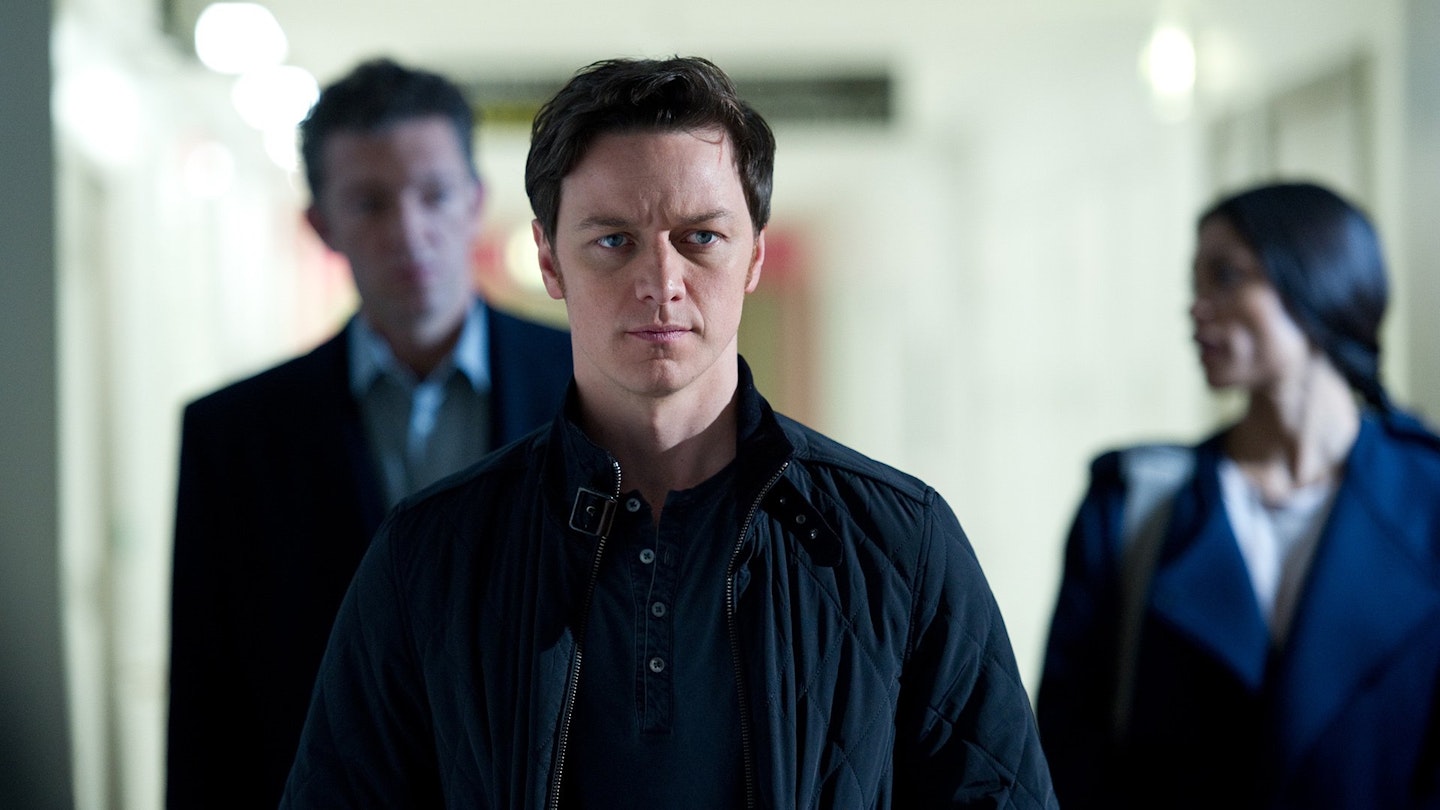
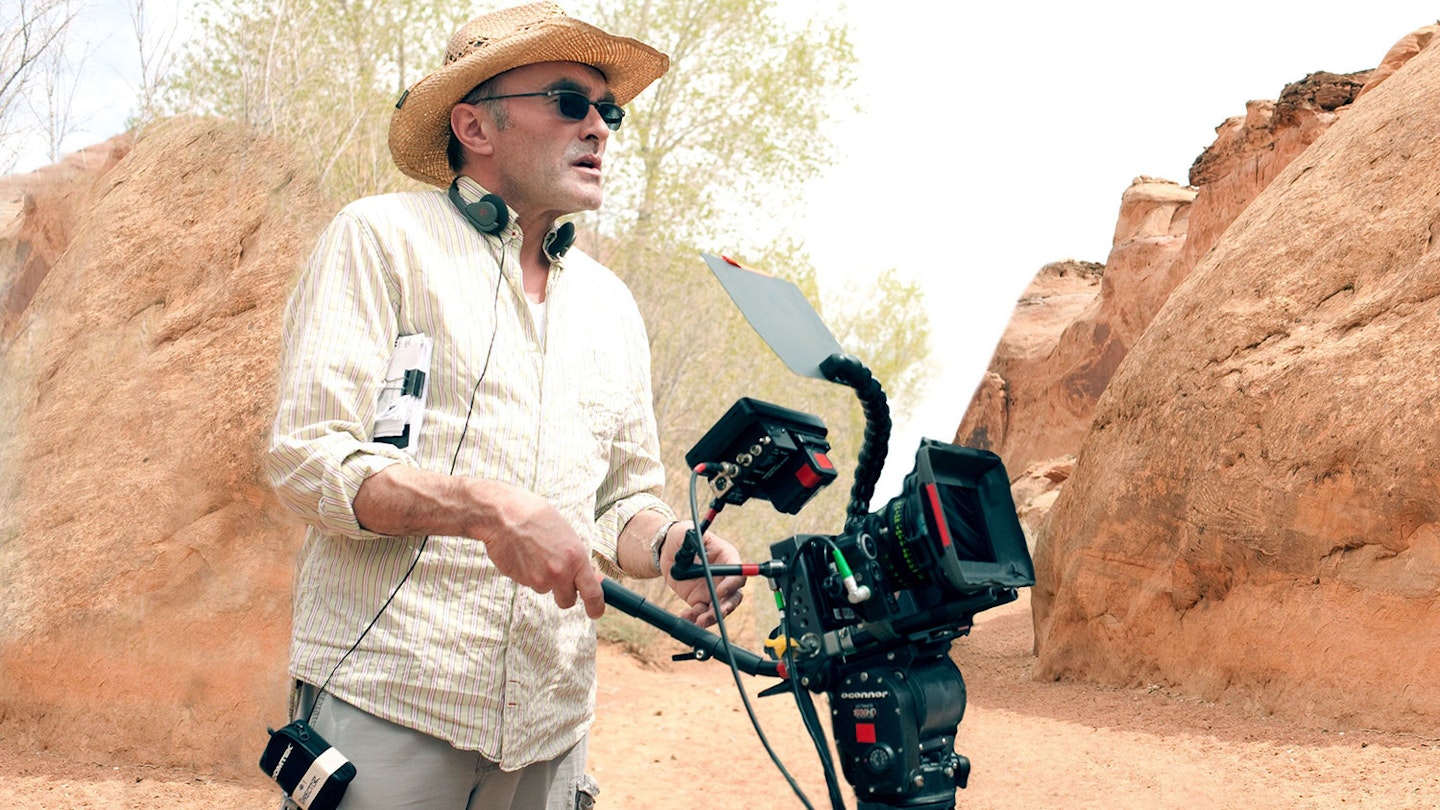
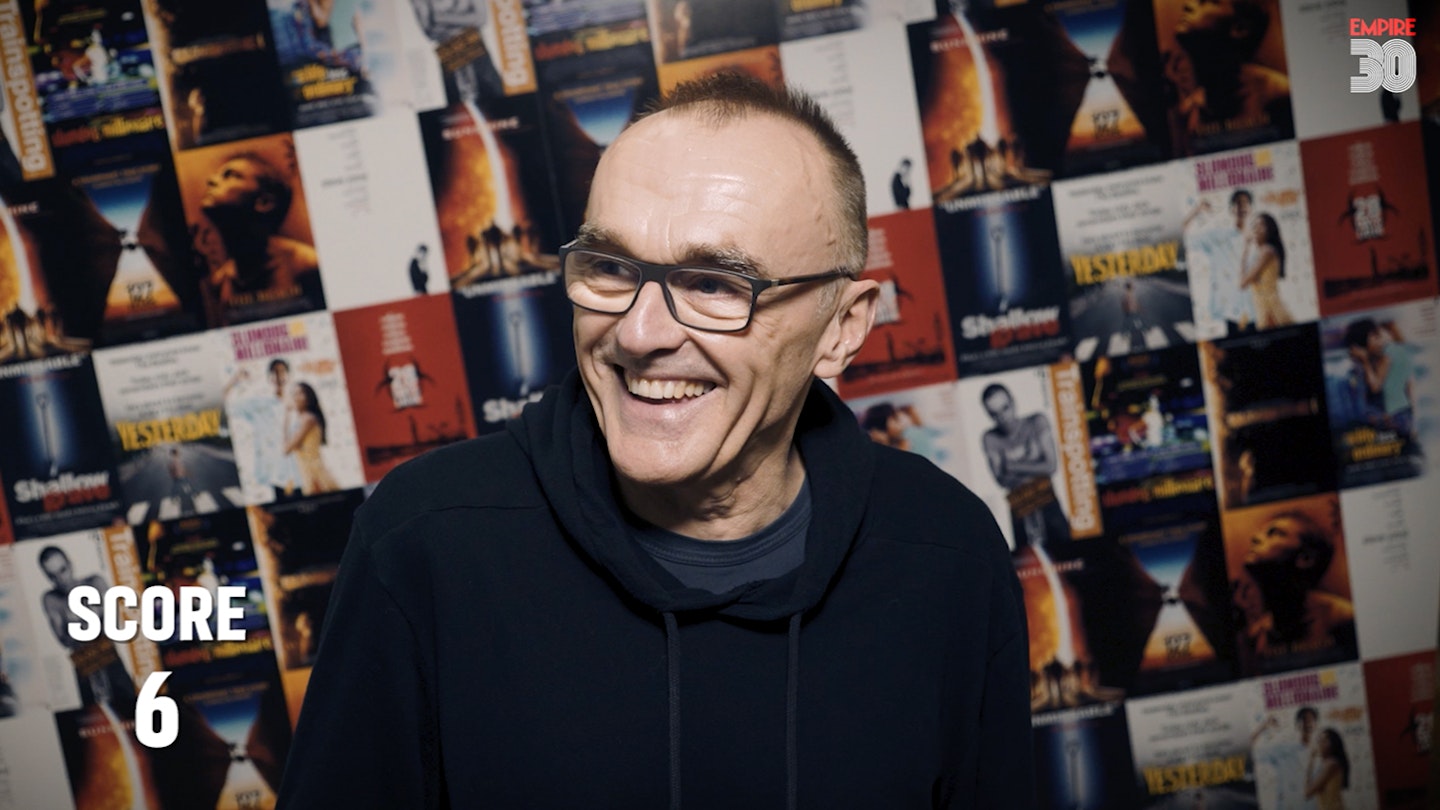
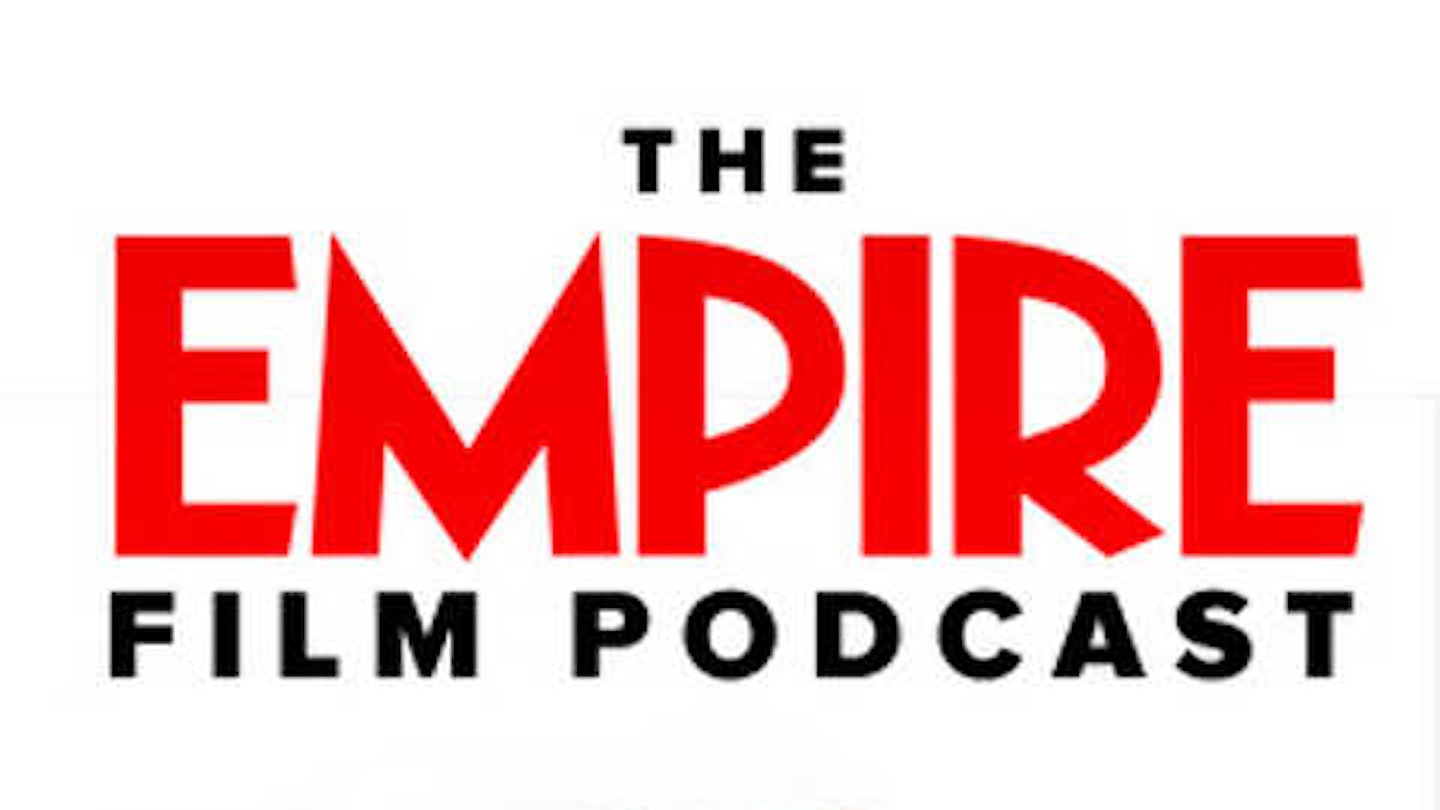
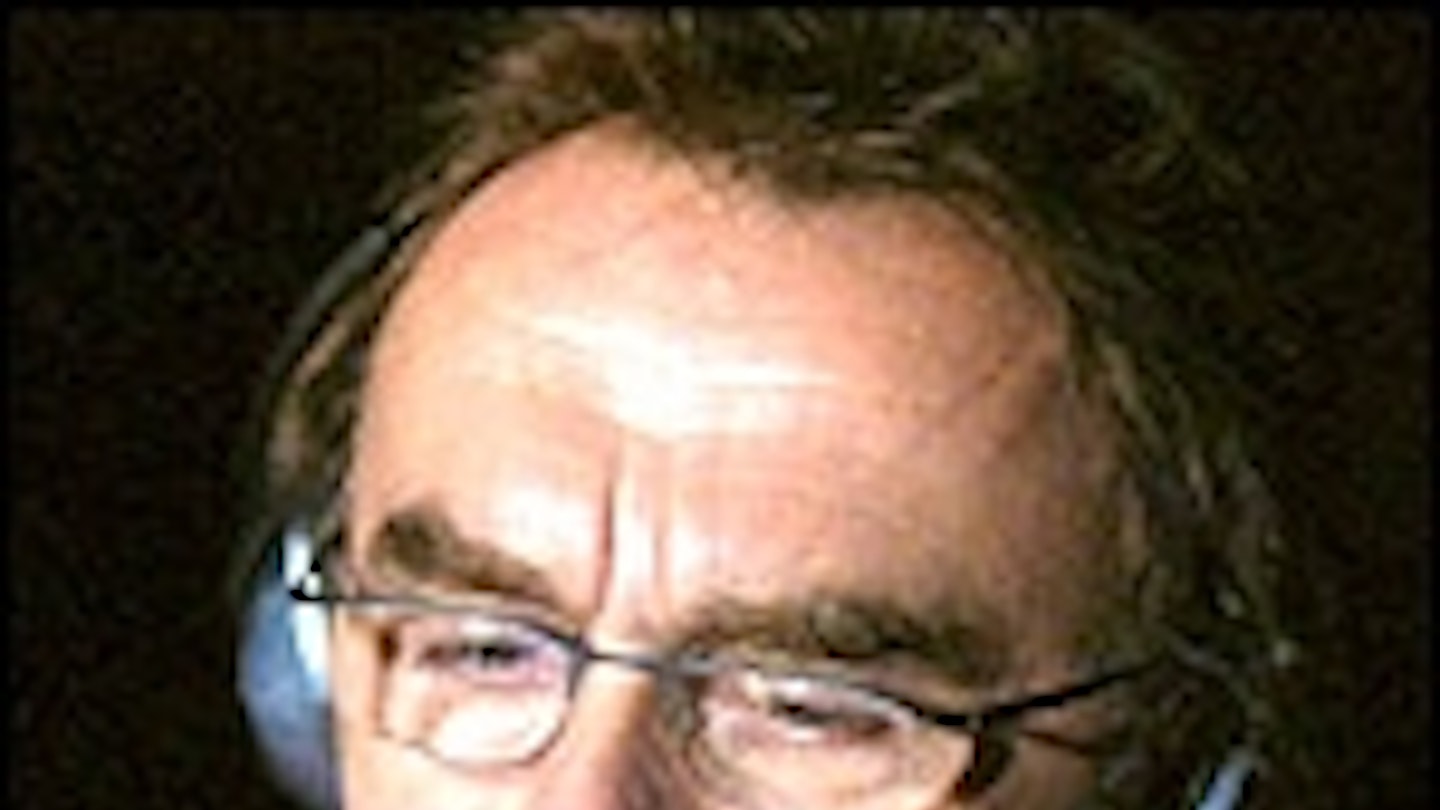
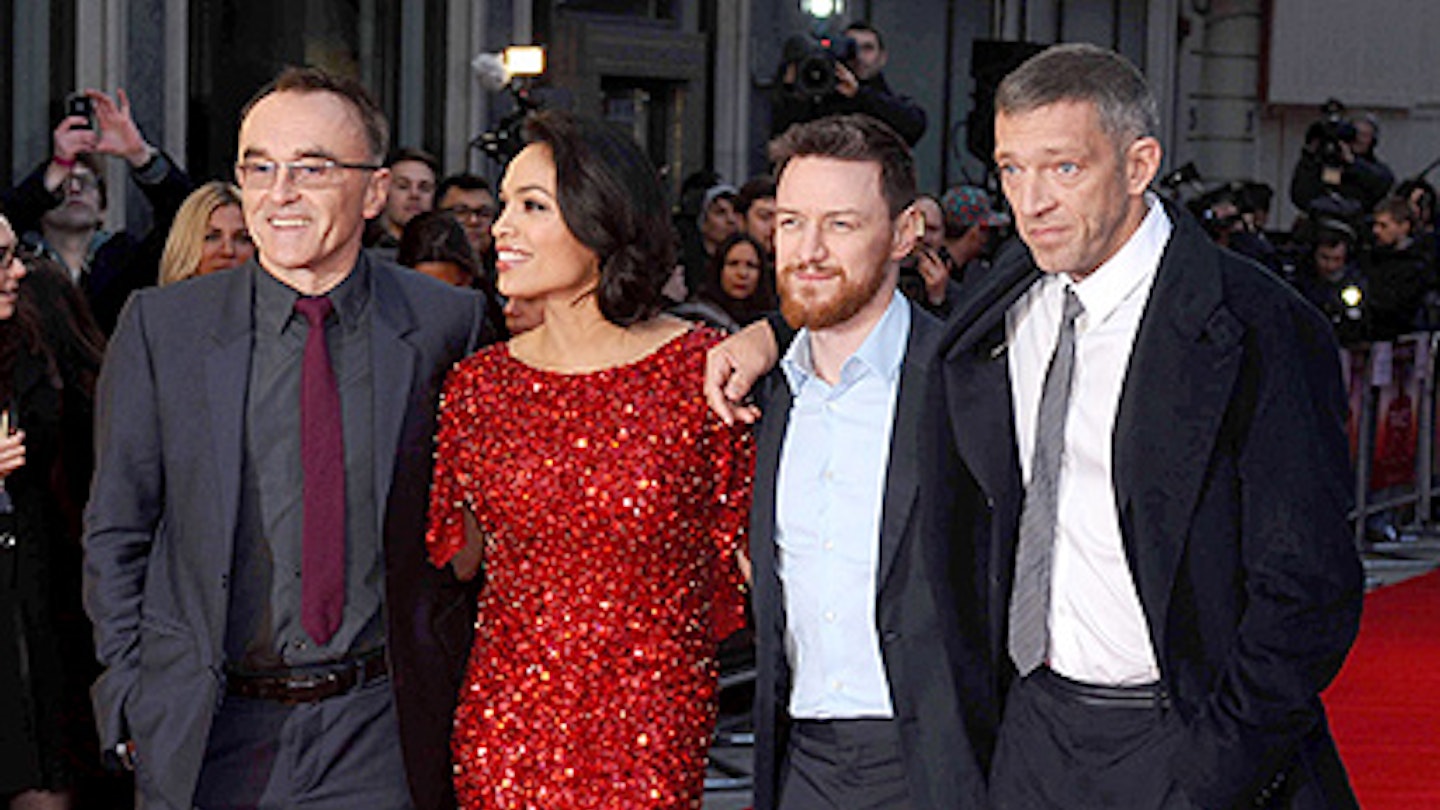
](http:/www.doyouwanttoremember.com?ar=16%3A9&fit=crop&crop=top&auto=format&w=1440&q=80)
